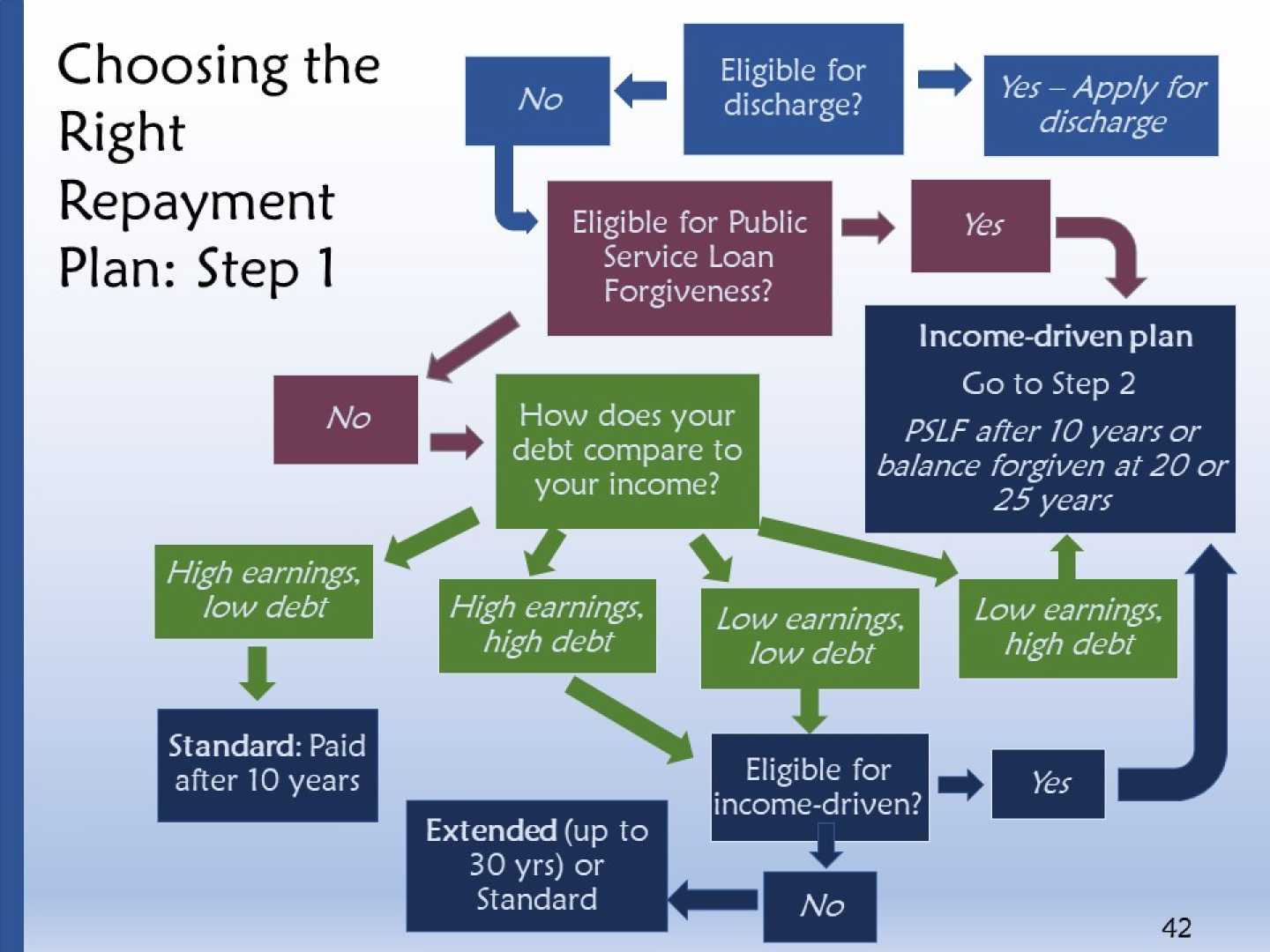Business
Loan Repayment Plans Change Amid Ongoing Legal Battles

RICHMOND, Va. — The income-driven repayment (IDR) plan application has reopened for student loan borrowers, with modifications prompted by ongoing legal challenges. The U.S. Department of Education announced this change Thursday, following discussions with lending expert Kate Wood.
Wood explained that borrowers can now apply for three out of four IDR options: the Income-Based Repayment (IBR), Income-Contingent Repayment (ICR), and Pay As You Earn (PAYE) plans. However, the popular Saving on a Valuable Education (SAVE) plan remains unavailable due to a legal hold.
“A big difference is the SAVE plan is no longer available on there,” Wood said. “For applicants seeking the lowest monthly payment, they must now manually calculate their options using the loan simulation tool before submitting their choice.”
Applicants are also advised to expect delays in the processing of their submissions. Wood noted, “While the application for IDR plans has reopened, those applications are not yet being processed because of the changes servicers need to make to implement the removal of the SAVE plan options.” Currently, no timeline has been provided on when processing will commence.
During this interim period, experts recommend that borrowers check in with their loan servicers to explore forbearance options, especially those struggling to meet payment requirements. Additionally, the recertification deadline for borrowers who received notifications has been extended to February 2026.
The IDR frameworks have been under scrutiny, particularly after a U.S. appeals court blocked the Biden administration’s student loan relief plan earlier this year. The ruling by the 8th Circuit Court of Appeals was based on legal challenges from several Republican-led states and was aimed at the SAVE plan. Critics of the SAVE plan argued that it circumvented lawful methods of debt cancellation following the Supreme Court’s decision to strike down a previous loan forgiveness initiative.
As a result, many borrowers who were enrolled in the SAVE plan now find themselves in a precarious situation, as the lack of a definitive processing protocol has led to uncertainty regarding monthly payments and potential forgiveness outcomes. The American Federation of Teachers (AFT) has also filed a lawsuit against the Department of Education, claiming that blocking access to IDR plans is unlawful and detrimental to borrowers.
The AFT’s challenge comes amidst potential changes related to the treatment of married borrowers under these income-driven plans. In a recent filing, the Trump administration suggested that married borrowers may face significant increases in their monthly payments, as it plans to calculate payments based on households’ combined incomes regardless of tax filing status.
This raised concern among borrowers who had previously opted to file taxes separately to reduce their student loan payments. Scott Buchanan, executive director of the Student Loan Servicing Alliance, highlighted the potential ramifications, stating, “Calculating student loan payments based on combined income could have catastrophic financial consequences for many borrowers, especially those already struggling financially.”
As the legal proceedings continue, many borrowers are left wondering about their best course of action. Higher education expert Mark Kantrowitz advised, “It may be beneficial for some borrowers to remain in forbearance, given that this option currently prevents interest from accruing on their loans, unlike regular IDR plans.”
Ultimately, the future of income-driven repayment plans remains uncertain, with both the AFT and the Department of Education set to appear in court next week to further address these contentious issues. As more updates unfold, borrowers are encouraged to stay informed through their loan servicers and educational resources to navigate the complexities of student loans.












